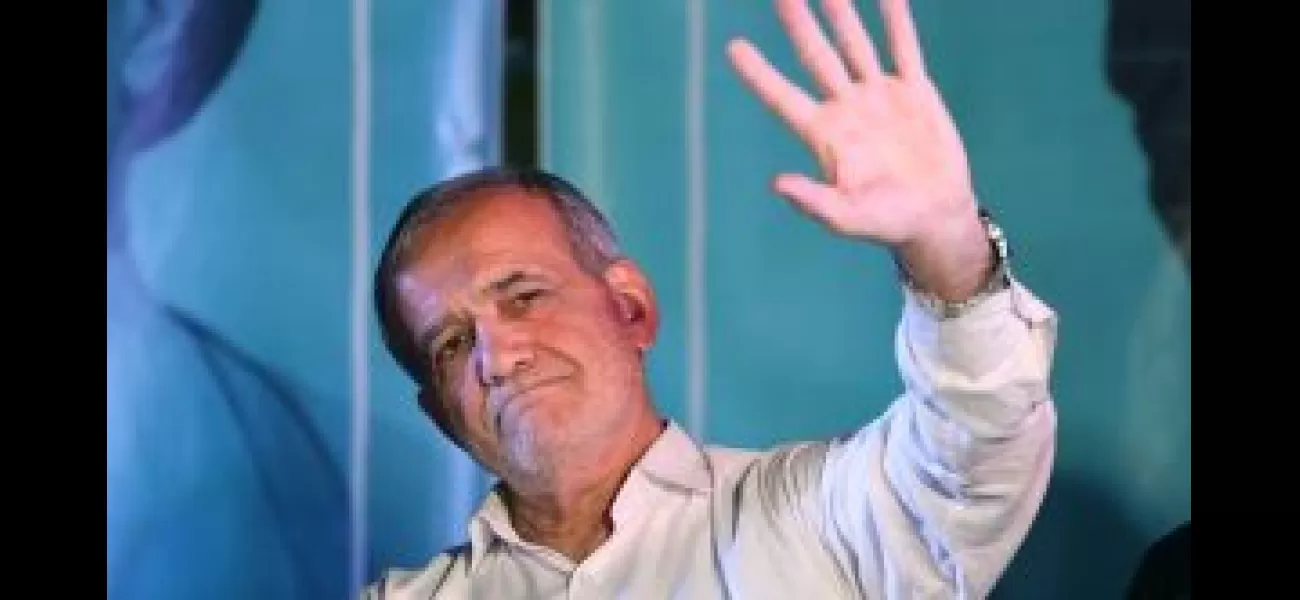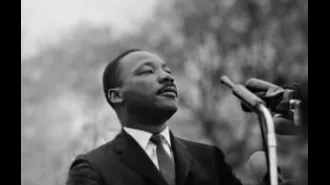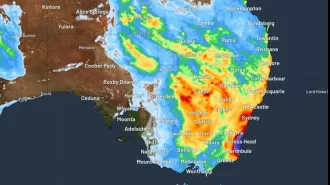Peace is not yet near.
Pezeshkian's victory in Iran's presidential election may bring relief to the people, who are struggling under a radical Islamist regime and facing tense relationships with the West and Israel.
July 8th 2024.

The recent presidential election in Iran has given a glimmer of hope to the people who have been struggling under a strict Islamist regime. Masoud Pezeshkian, a reformist candidate, emerged victorious in the runoff election with 53.6% of the votes. This was a much-needed relief for the citizens who have been facing strained ties with the West and heightened tensions with Israel, their sworn enemy. The election was held after the unfortunate death of President Ebrahim Raisi in a helicopter crash, and it saw the lowest voter turnout in the country's history.
Pezeshkian, a heart surgeon by profession, will now lead a nation that is facing global isolation, growing domestic unrest, and a deteriorating economy. He gained popularity for his vocal opposition to the suppression of pro-democracy demonstrations in 2009 and the brutal crackdown on protesters in 2022, following the death of Mahsa Amini, a young Kurdish woman who died in the custody of the morality police. The authorities' violent attempts to quell the uprising resulted in hundreds of deaths and thousands of detentions.
During his campaign, Pezeshkian emphasized the importance of reaching out to Iran's diverse ethnic groups. As the first president from western Iran in years, his election is seen as a potential benefit to the country, as the western region is known for its tolerance towards different ethnicities and religions.
Many experts believe that having a moderate figure in the presidency could improve communication between Iran and Western nations. Pezeshkian has expressed his willingness to implement social reforms, such as easing the mandatory headscarf for women. However, it is important to note that the Supreme Leader Ayatollah Ali Khamenei holds the final say in all policy decisions. This means that any significant changes may not materialize, and Western nations do not anticipate a major shift in their relationship with Iran.
Despite this, Pezeshkian is still considered a better alternative compared to his hardliner opponent, who would have likely escalated tensions with Israel and its Western allies. The recent conflict in Gaza and Iran's nuclear program have further fueled the already tense relationship between the two countries. In fact, just a few months ago, Iran and Israel engaged in their first armed conflict during the war in Gaza.
However, Pezeshkian's powers as the president are limited, and it is unlikely that he will be able to drastically alter Iran's current course of relations with Israel and its allies. But his victory has given a ray of hope to the people, and they are optimistic about the potential positive changes that may come under his leadership. Only time will tell how Pezeshkian's presidency will impact the country, but for now, the citizens are relieved to have a leader who is more moderate and open-minded compared to his hardliner predecessor.
Pezeshkian, a heart surgeon by profession, will now lead a nation that is facing global isolation, growing domestic unrest, and a deteriorating economy. He gained popularity for his vocal opposition to the suppression of pro-democracy demonstrations in 2009 and the brutal crackdown on protesters in 2022, following the death of Mahsa Amini, a young Kurdish woman who died in the custody of the morality police. The authorities' violent attempts to quell the uprising resulted in hundreds of deaths and thousands of detentions.
During his campaign, Pezeshkian emphasized the importance of reaching out to Iran's diverse ethnic groups. As the first president from western Iran in years, his election is seen as a potential benefit to the country, as the western region is known for its tolerance towards different ethnicities and religions.
Many experts believe that having a moderate figure in the presidency could improve communication between Iran and Western nations. Pezeshkian has expressed his willingness to implement social reforms, such as easing the mandatory headscarf for women. However, it is important to note that the Supreme Leader Ayatollah Ali Khamenei holds the final say in all policy decisions. This means that any significant changes may not materialize, and Western nations do not anticipate a major shift in their relationship with Iran.
Despite this, Pezeshkian is still considered a better alternative compared to his hardliner opponent, who would have likely escalated tensions with Israel and its Western allies. The recent conflict in Gaza and Iran's nuclear program have further fueled the already tense relationship between the two countries. In fact, just a few months ago, Iran and Israel engaged in their first armed conflict during the war in Gaza.
However, Pezeshkian's powers as the president are limited, and it is unlikely that he will be able to drastically alter Iran's current course of relations with Israel and its allies. But his victory has given a ray of hope to the people, and they are optimistic about the potential positive changes that may come under his leadership. Only time will tell how Pezeshkian's presidency will impact the country, but for now, the citizens are relieved to have a leader who is more moderate and open-minded compared to his hardliner predecessor.
[This article has been trending online recently and has been generated with AI. Your feed is customized.]
[Generative AI is experimental.]
0
0
Submit Comment





